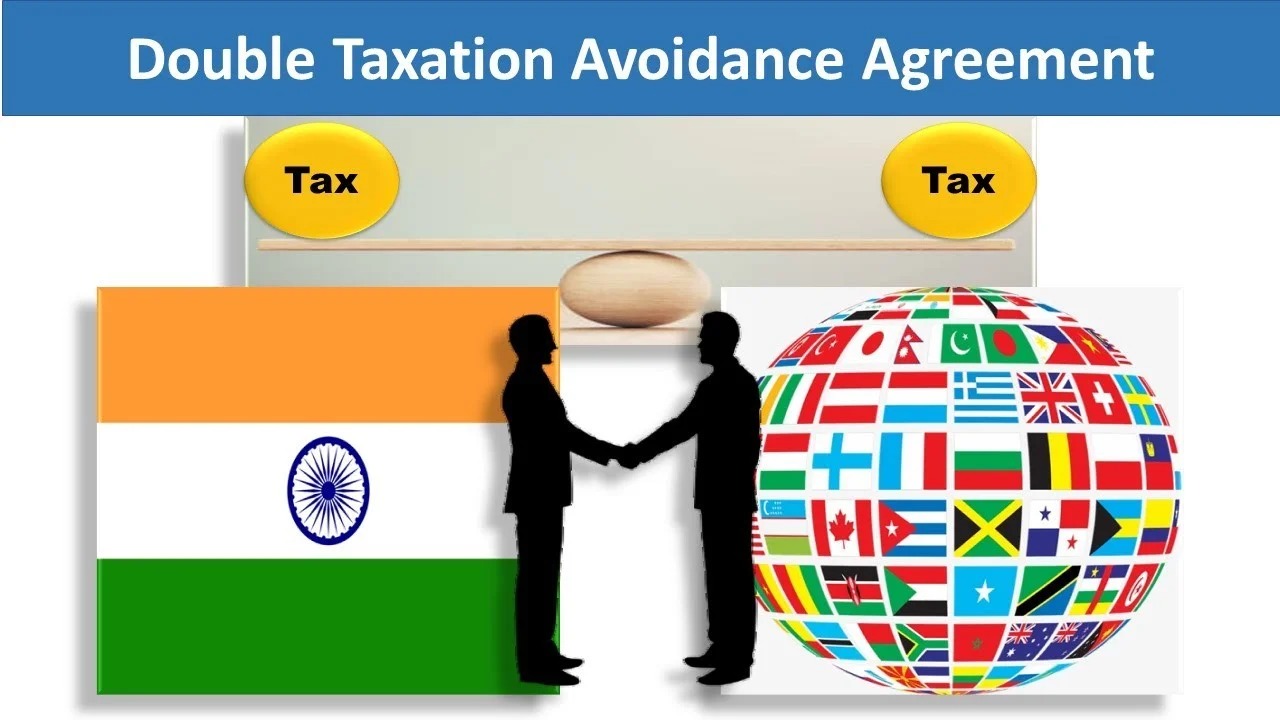Blog details

Residential Status, NRI & PIO
Residential Status for Income Tax in
India
An individual's tax
liability in India is determined by their residential status as defined under
the Indian Income Tax Act for any given fiscal year. The term "residential
status" is specific to income tax regulations and should not be confused
with citizenship status in India. An individual can be an Indian citizen and
still be classified as a non-resident for a particular year, and conversely, a
foreign citizen can be considered a resident for tax purposes in a given year.
It's important to
note that the residential status criteria vary for different entities, such as
individuals, corporations, and companies.
Resident Status Classifications
Under Income Tax
Law, the residential status of an individual in India is divided into three
categories based on the duration of their stay in India. This status considers
the current fiscal year as well as previous years.
The classifications
are:
- Resident
(Resident and Ordinarily Resident, ROR)
- Resident but Not
Ordinarily Resident (RNOR)
- Non-Resident (NR)
Resident and Ordinarily Resident
(ROR)
Under Section 6(1)
of the Income Tax Act, an individual is considered a resident if:
- They are in India
for 182 days or more during the fiscal year, or
- They are in India
for 60 days or more during the fiscal year and 365 days or more in the four
years preceding the fiscal year.
Additionally,
Section 6(6) stipulates that an individual is deemed an ROR if:
- They have been in
India for 730 days or more in the seven years preceding the current year, or
- They have been a
resident in India for at least two of the ten preceding fiscal years.
Resident but Not Ordinarily Resident
(RNOR)
An individual is
classified as RNOR if they meet the basic criteria of being in India for:
- 182 days or more
in a fiscal year, or
- 60 days in a
fiscal year and 365 days or more in the four preceding fiscal years.
Further, an
individual will be considered RNOR if:
- They have been in
India for 730 days or more in the previous seven years, or
- They have been a
resident in India for at least two out of the ten preceding fiscal years.
Non-Resident (NR)
An individual
qualifies as an NR if:
- They are in India
for less than 181 days during the fiscal year,
- They stay in
India for no more than 60 days in a fiscal year, or
- They stay in
India for more than 60 days in a fiscal year but do not meet the 365 days
criterion in the preceding four fiscal years.
Taxation for Different Residential
Statuses
For Residents (ROR): Residents are taxed on their global
income, which includes both Indian and foreign sources of income.
For Non-Residents (NR) & Residents
but Not Ordinarily Residents (RNOR):
Their tax liability in India is
restricted to the income earned within the country. They are not taxed on their
foreign income. In cases of double taxation, the Double Taxation Avoidance
Agreement (DTAA) between India and the other country can be utilized to avoid
paying taxes twice.
Determining Residential Status
To determine an
individual's residential status:
1. Check if the
individual falls under any exceptions for primary conditions.
2. Assess if they
meet the basic condition of 182 days or more of stay in India within the fiscal
year.
NRIs (Non-Resident Indians) and PIOs
(Persons of Indian Origin)
NRIs and PIOs are a
subset of Persons Resident Outside Indian (PROI). While general restrictions apply to
PROIs regarding certain capital account transactions in India, NRIs and PIOs
have certain privileges such as acquiring immovable property, opening bank
accounts, and making investments in India.
Definition of NRI: An NRI is a PROI who holds Indian
citizenship, allowing them to avail benefits under various FEMA regulations.
Definition of PIO: A PIO is a PROI who:
- Held an Indian
passport at any time, or
- Has parents or
grandparents who were Indian citizens, or
- Is the spouse of
an Indian citizen or someone who meets the above criteria.
However, citizens
of certain countries (e.g., Pakistan, Bangladesh) cannot qualify as PIOs, and
there are additional restrictions on citizens from eight specific countries
regarding acquiring or holding immovable property in India (Pakistan,
Bangladesh, Sri Lanka, Afghanistan, Iran, China, Nepal, and Bhutan).
This summarised overview
ensures compliance with Indian tax laws while clarifying the distinctions in
residential status and their implications for tax purposes.
Dsiclaimer : Information in this article is meant for general understanding of the provisions related to residential status. There are several other considerations which may involve detailed calculations and hence it is recommended that while making any decisions based on above information, Taxation and FEMA experts must be consulted and reliance should not be placed solely on the information provided above. Nothing contained in this document is to be construed as a legal opinion or view of the author whatsoever and the content is to be used strictly for educative purposes only.

Written by:
Admin
| Service :- | Taxation Services |
| Created Date :- | 22 May, 2024 |
| Updated Date :- | 24 Jul, 2024 |
| Tags :- | #test #test2 |




